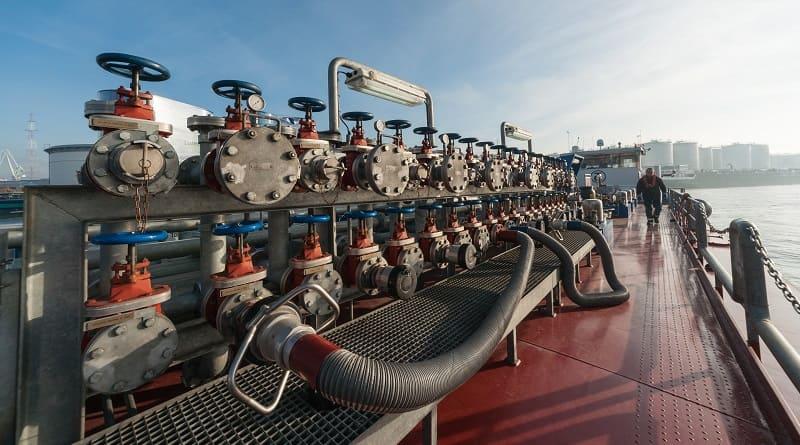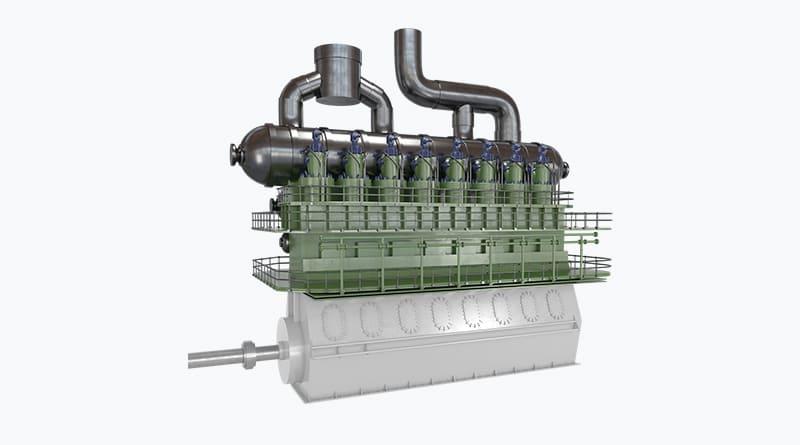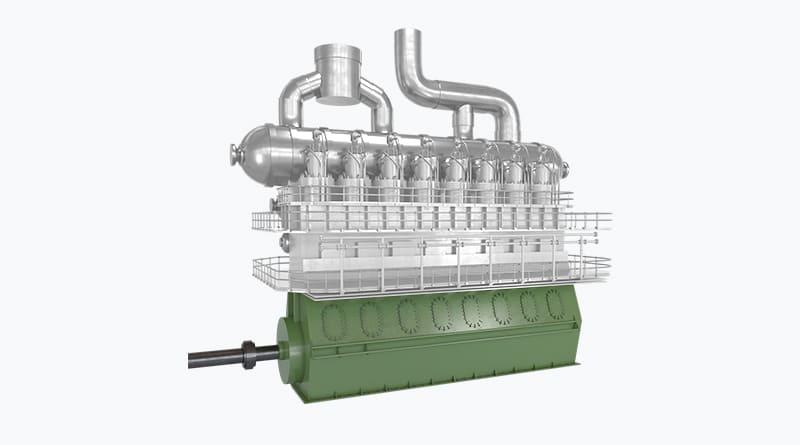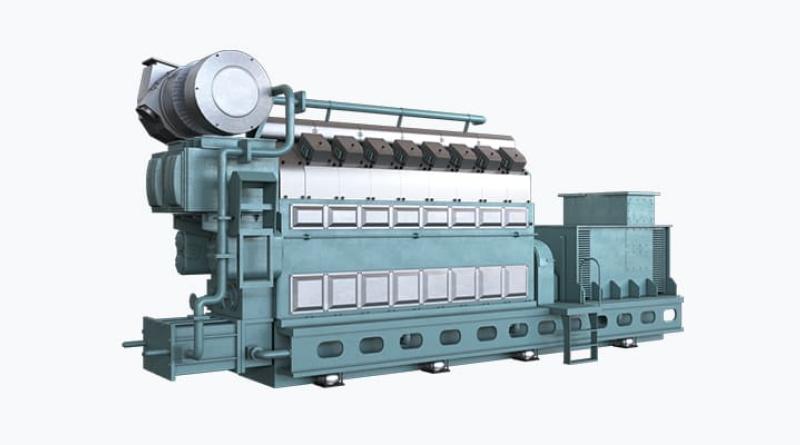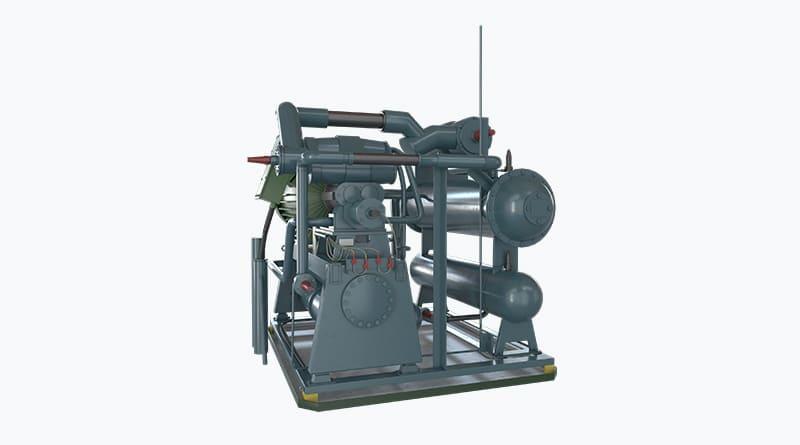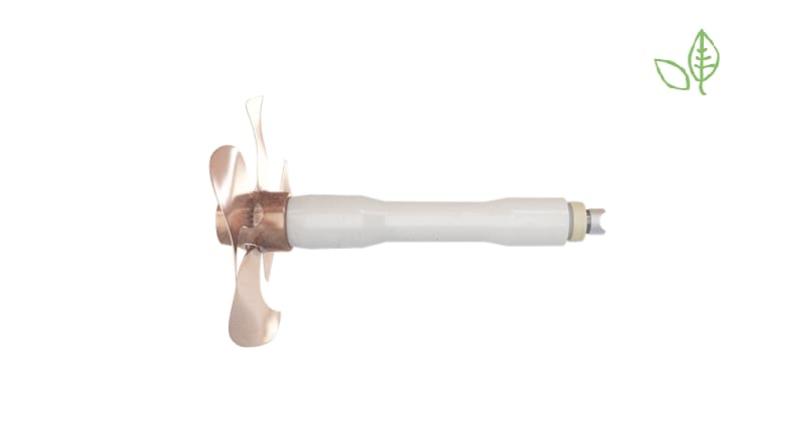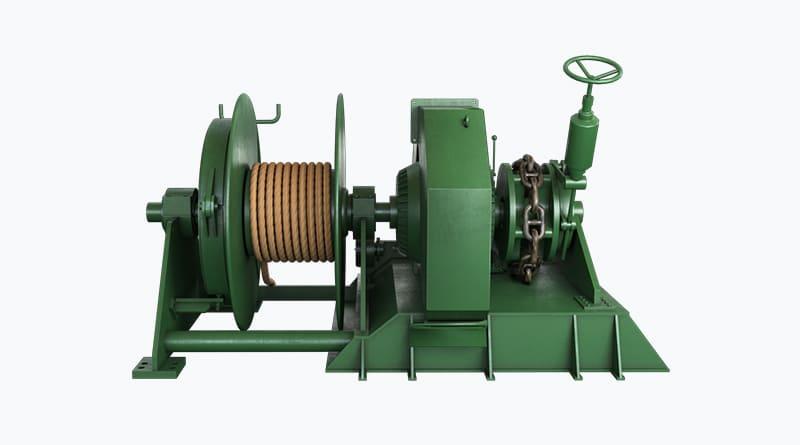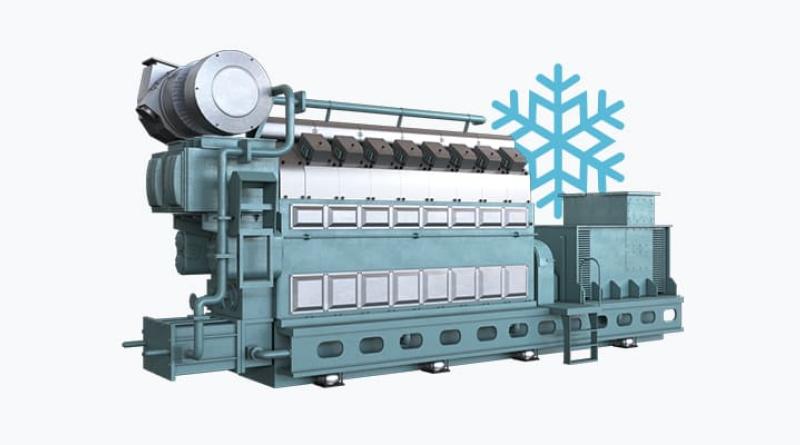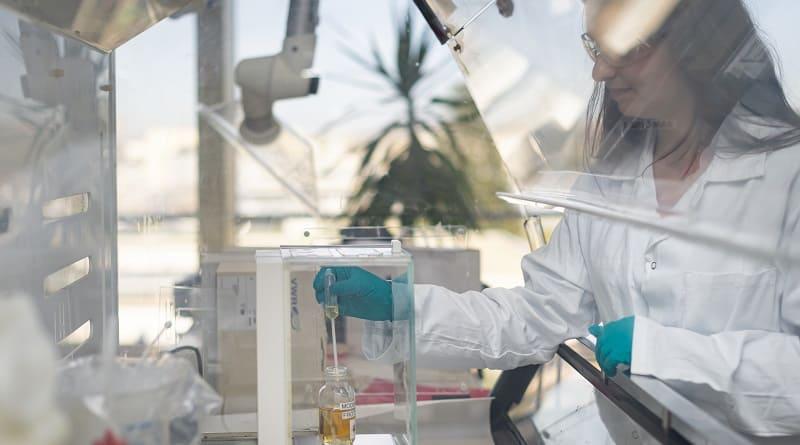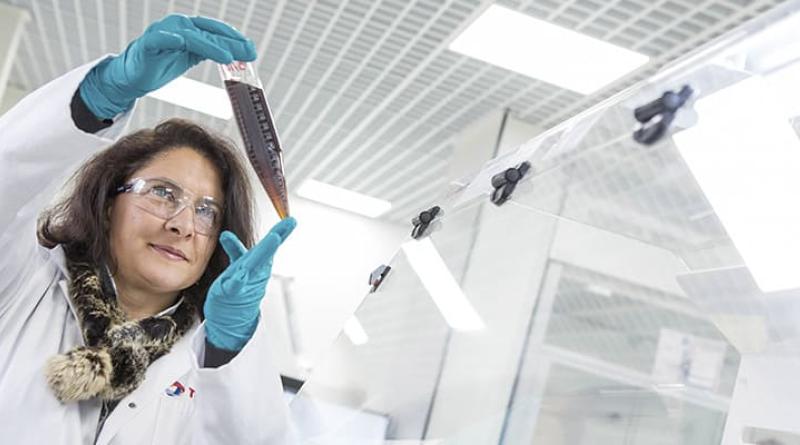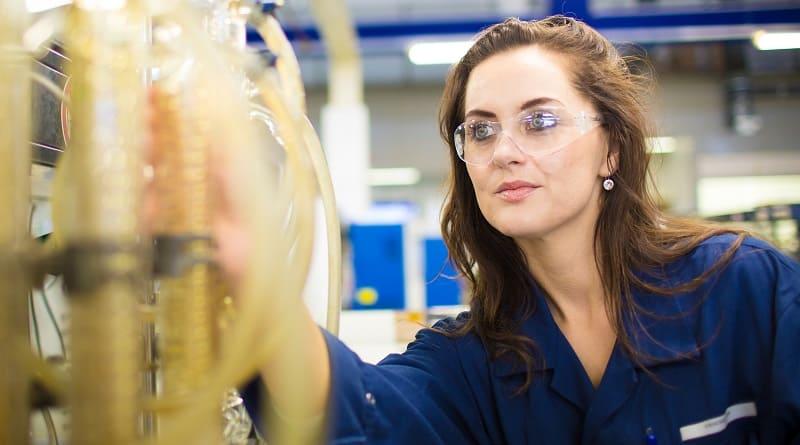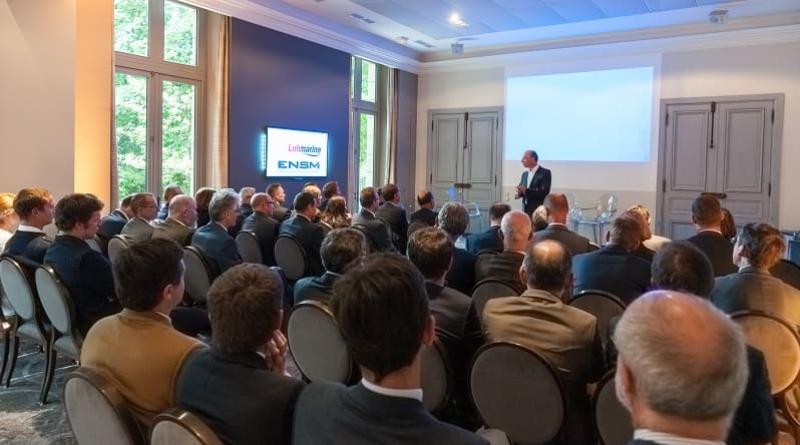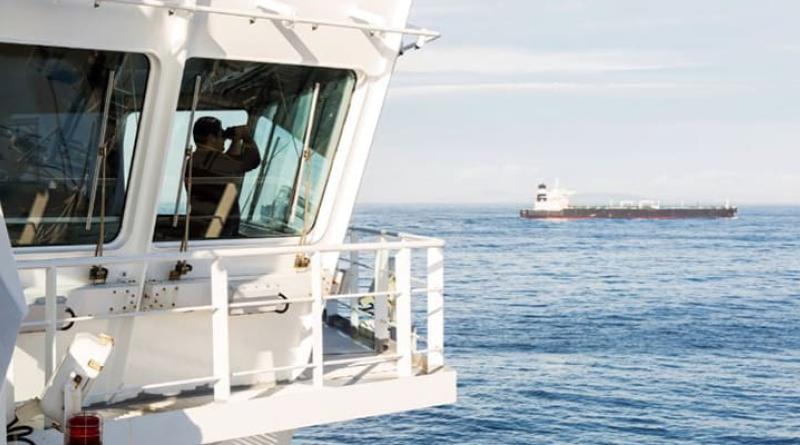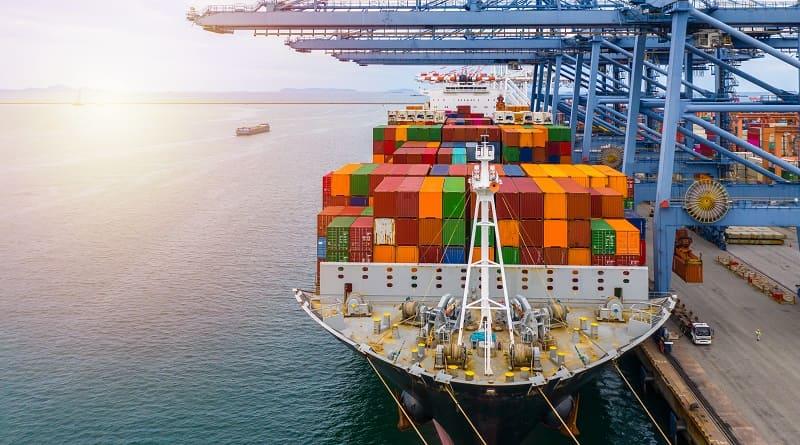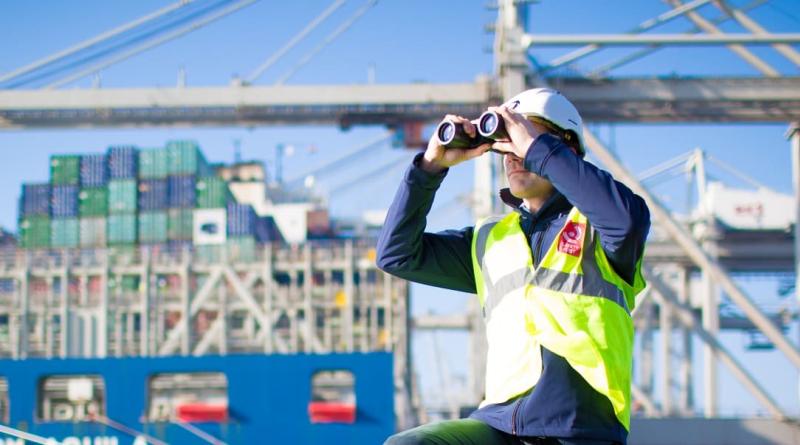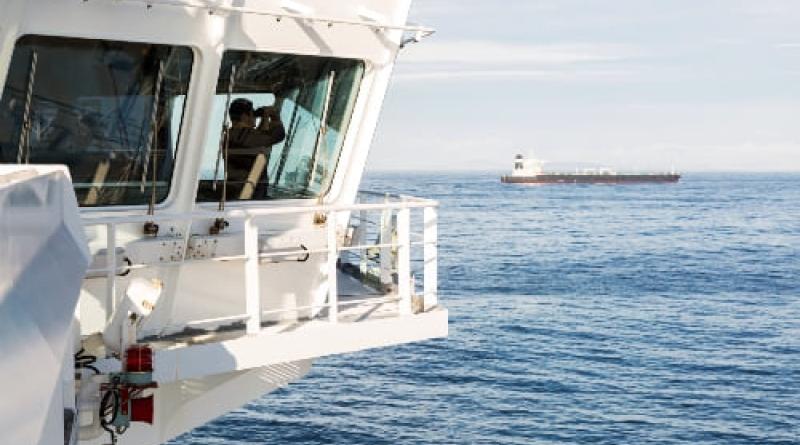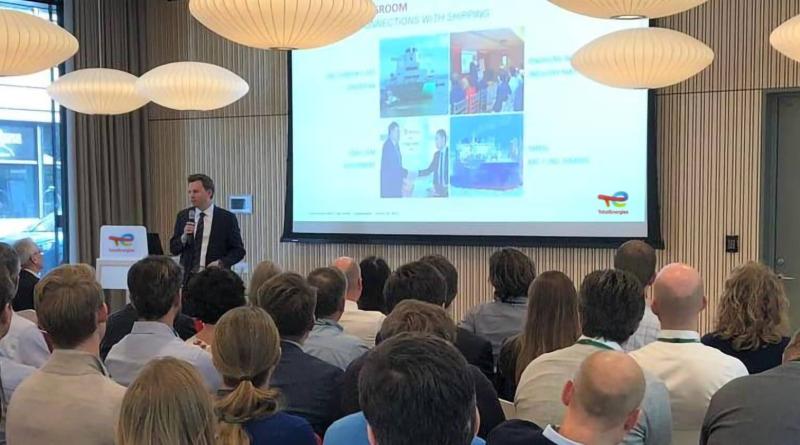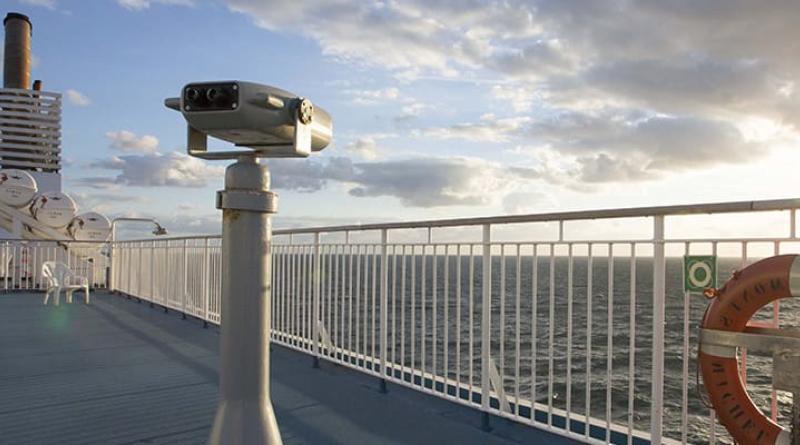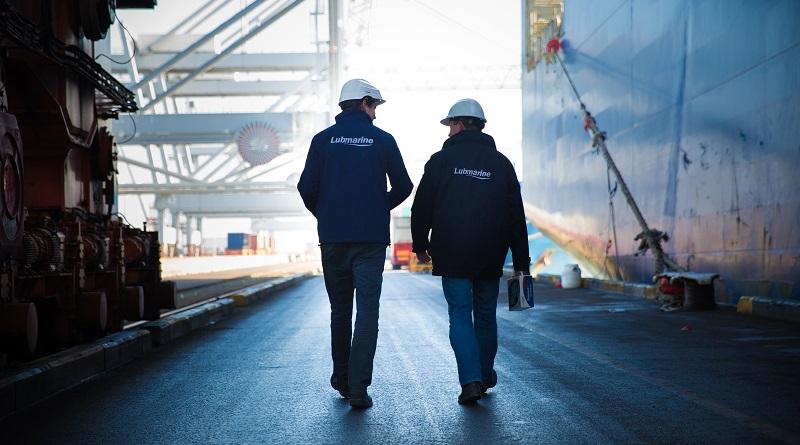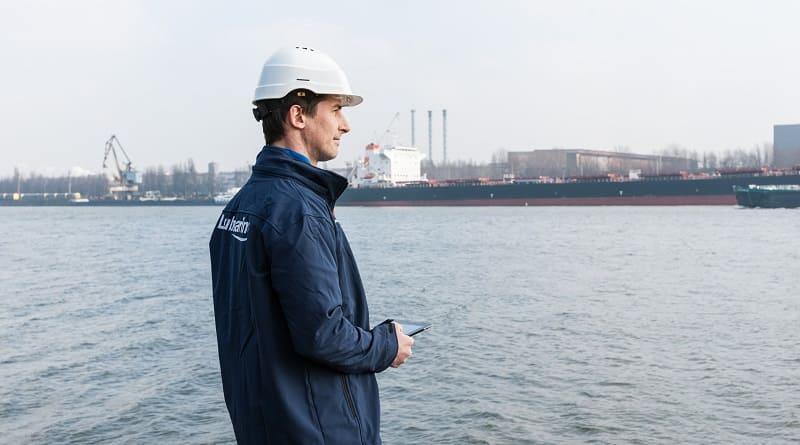Total Marine Fuels Global Solutions (TMFGS) Managing Director, Jérôme Leprince-Ringuet and Total Lubmarine General Manager, Robert Joore, co-introduce our recently published ‘Navigating towards IMO 2020 and beyond’ white paper.
The shipping industry, which to date has relied mainly on heavy fuel oil to power its engines, now stands at the crossroads and has many choices. From January 1, 2020, vessel operators will need to switch fuel types or use a sulfur abatement technology (scrubber) to remain compliant and continue to operate their vessels.
This requirement to reduce the amount of harmful sulfur oxides (SOx) released into the atmosphere will affect an estimated 96,000 ships worldwide. Quite simply, it is the most significant change to the way in which the global fleet is powered since the nineteenth-century switch from wind to coal.
Much is at stake for the shipping industry, its customers and its suppliers. The shipping industry faces huge short-term disruption and needs to adapt its vessels and train its people to deal with new fuels and handling procedures. Shippers and charterers worry that their cargoes will be delayed and that costs will rise. Fuel and lubricant suppliers need to be prepared to offer customers multiple fuels and lubricants in multiple locations.
There are many ways for the ship operator to comply. These include using the latest generation of low sulfur blended fuels, distillate fuels, ultra low sulfur emission gas fuels or installing abatement technology and continuing to use high sulfur heavy fuel oil. None of these choices are simple and each brings with it a degree of complexity and uncertainty. From the customer’s point of view, none of these choices has so far emerged as a clear long-term winner. Vessel type, age, engine installation, trading patterns, regulation and fuel price management strategies will all play a part in a company’s fuel choice.
Total, a long-term partner to the shipping industry, has developed a broad range of innovative fuels and lubricants, designed to support our global customers, however they choose to power their vessels. In line with our ambition to become the responsible energy major, we invest substantially in both a low sulfur and low carbon future by developing new fuels and innovations, such as marine batteries. Our lubricants range is based on pioneering chemistry to ensure compatibility with all fuel and engine types.
Total is a major shipping customer through our chartering activities and also a ship owner and operator. We charter crude oil, product, chemical and LNG tankers. Our LNG business includes a fleet of 18 LNG carriers including two Floating Storage Regasification Units (FRSUs). We are well placed to drive and support change in the maritime industry.
This blog post was taken from the recently published ‘Navigating towards IMO 2020 and beyond’ white paper which unites the wealth of experience and expertise from contributors throughout the Total Group. It looks at the new generation of very low sulfur fuels offered by Total; our commitment to LNG as the clean energy of today; our view of scrubber uptake and its impact on the high sulfur market and the implications of any fuel choice on lubricant requirements and selection.
Read in full, download our white paper now.


